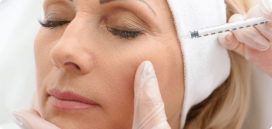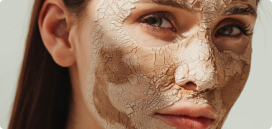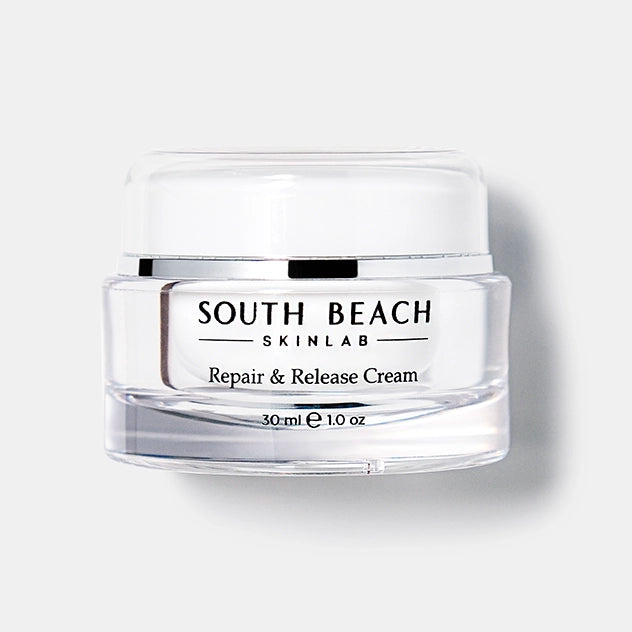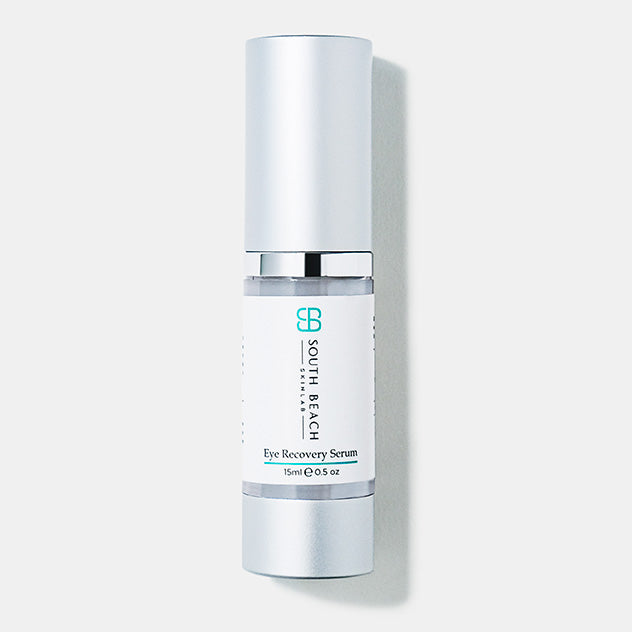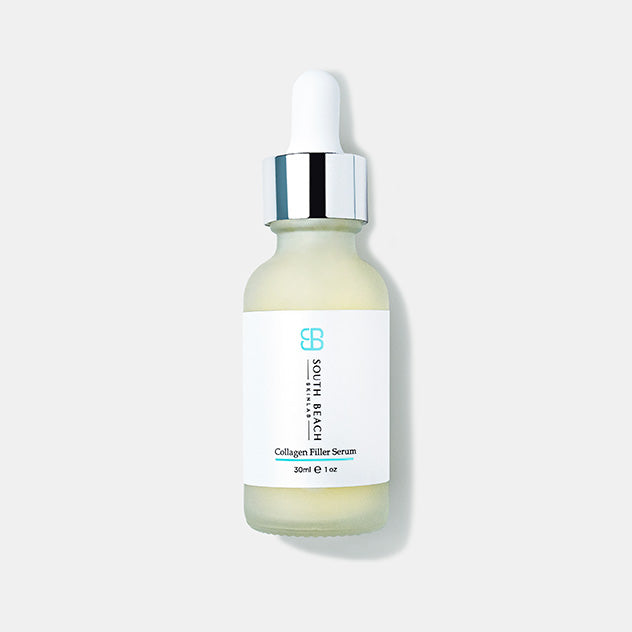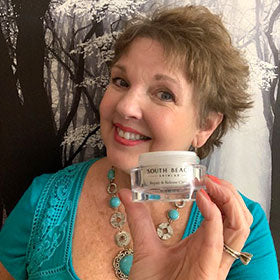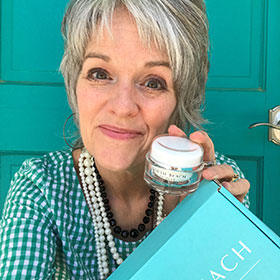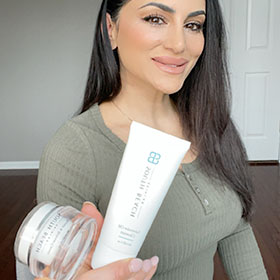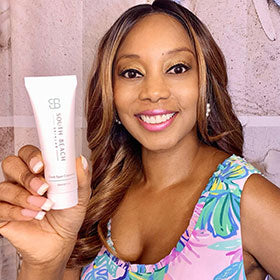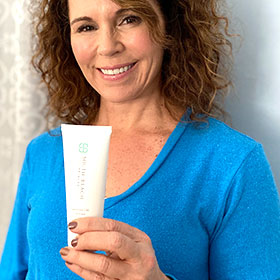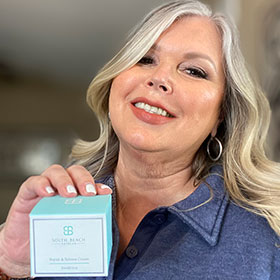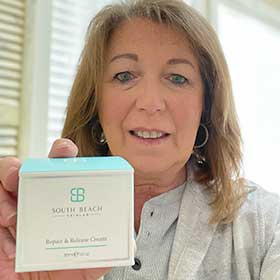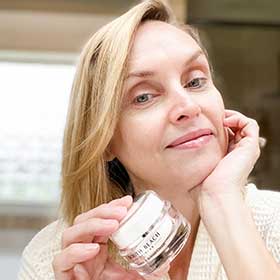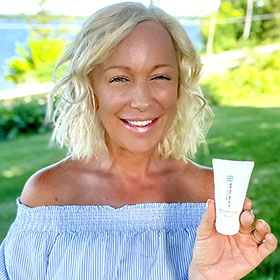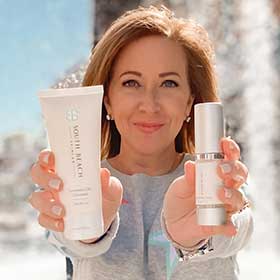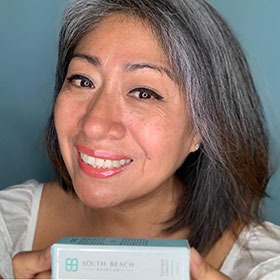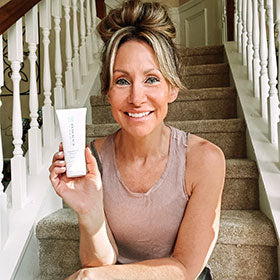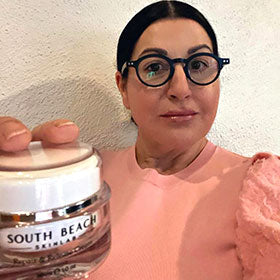As we journey through the different stages of life, our bodies undergo various hormonal changes that can significantly impact the health and appearance of our skin. From puberty to menopause and beyond, hormones play a massive role in regulating skin functions such as oil production, collagen synthesis, and hydration levels.
Today we’re looking at 5 ways hormones can influence your skin as you age, shedding light on the connection between your hormones and your complexion to help you understand how your skin transforms over time and how you can prepare for these changes!
1. Menstrual Cycle And Hormonal Breakouts
Changes in estrogen and progesterone levels throughout the menstrual cycle can often mean acne flare-ups for most women, regardless of age. While you may not be able to prevent these flare-ups, you can do your best to help heal them as quickly as possible with a gentle cleanser to help remove impurities and dead skin cells.
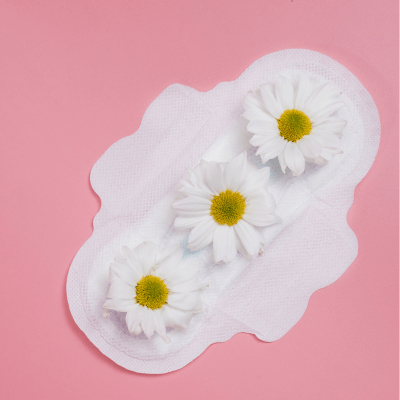
2. Perimenopause And Skin Dryness
As estrogen levels decline during perimenopause, the skin may become drier, thinner, and more prone to wrinkles and fine lines. A great way to help your skin get through this hormonal change in life is to focus on hydrating and strengthening products that help to protect the skin and reduce wrinkles.

3. Menopause And Declining Collagen
Decreased estrogen levels during menopause can lead to a decline in collagen production, resulting in loss of skin elasticity, sagging, and increased wrinkles. Your best bet at this time in your life is to look towards peptides to restore structure to the skin and help reduce wrinkles and sagging.
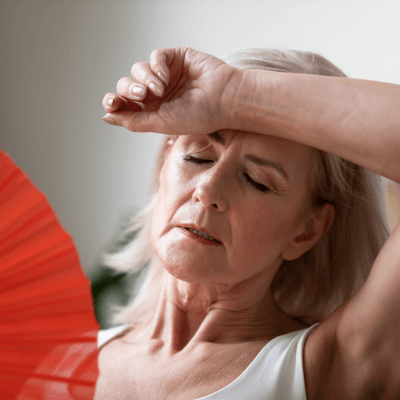
4. Hormonal Imbalance And Adult Acne
Hormonal imbalances, such as polycystic ovary syndrome (PCOS) or thyroid disorders, can disrupt sebum production and contribute to persistent adult acne. For anyone struggling with these imbalances, it’s important to keep the skin as clean as possible with a gentle cleanser that helps safeguard the skin from impurities, which could only make the problem worse.

5. Stress Hormones and Skin Sensitivity
Elevated levels of stress hormones like cortisol can irritate skin conditions such as eczema, psoriasis, and rosacea, as well as increase skin sensitivity and inflammation. It’s important to keep stress levels to a healthy minimum to help protect not only the skin, but also the body and mind!

From adolescence to adulthood and into the golden years, hormones have a large influence on the health and appearance of our skin. By understanding the complex relationship between hormones and skin changes, we can develop targeted skincare routines and lifestyle habits to support our skin's evolving needs at every stage of life!

